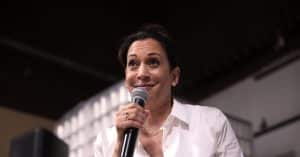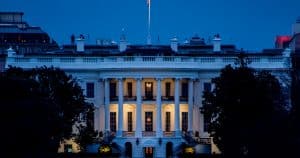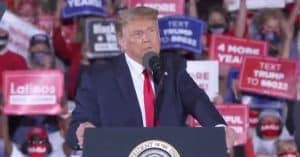Biden administration calls for rejection of Musk appeal in SEC matter
In a significant legal development, the U.S. Supreme Court has been urged by the Biden administration to dismiss a challenge brought forward by Elon Musk against the Securities and Exchange Commission (SEC).
This move is the latest in a series of events stemming from Musk's tweets in 2018 about possibly taking Tesla private, a dispute that highlights the tension between regulatory compliance and free speech rights, as Yahoo! Finance reports.
The heart of this controversy dates back to August 2018, when Elon Musk, the CEO of Tesla, made headlines with a tweet stating he had "funding secured" to take the electric car company private. This tweet led to the SEC charging Musk with defrauding investors, culminating in a settlement that involved fines and oversight of Musk's communications related to Tesla.
As part of the settlement, both Musk and Tesla were required to each pay $20 million in fines. Musk also agreed to step down as Tesla's Chairman and consented to having some of his tweets pre-approved by a Tesla attorney. This agreement was reached to mitigate the risk of Musk making potentially misleading statements that could affect Tesla's stock price and investor decision-making.
Elon Musk's Quest for Free Speech
Despite initially agreeing to the terms, Musk has since voiced objections to the decree, considering it an infringement on his free speech rights. He has described the consent decree as a "muzzle," suggesting that it unfairly restricts his ability to communicate freely on social media platforms. This discontent prompted Musk to appeal to the Supreme Court in December, seeking relief from the constraints of the consent decree.
The Justice Department, representing the SEC's interests, emphasized that the settlement was structured to minimize the likelihood of future misleading statements from Musk that could violate securities laws. They defended the decree, stating it aimed to protect both investors and the integrity of public communications about Tesla.
Musk's legal team has countered, asserting that the SEC's pre-approval requirement for Musk's tweets represents an undue power over his communications. They argue this condition violates Musk's First Amendment rights, labeling it a "gag rule" that excessively controls his speech.
The Courts' Stance on Musk's Challenge
The legal journey saw Musk's complaint first addressed by the 2nd U.S. Circuit Court of Appeals. Here, his challenge to the consent decree, particularly the aspect demanding pre-screening of certain tweets, was dismissed. The court did not find merit in Musk's arguments, effectively upholding the initial agreement with the SEC.
Further efforts by Musk to contest the pre-tweet screening requirement met another setback in July 2023. The 2nd Circuit declined to reconsider their decision, leaving Musk's objections unaddressed. This refusal kept the stipulated oversight measures in place, maintaining the SEC's scrutiny over Musk's public communications regarding Tesla.
Notably, Musk's concerns with regulatory oversight have extended beyond just the SEC's actions following his 2018 tweet. In a separate, yet related issue, the 5th U.S. Circuit Court of Appeals is reassessing its stance on another of Musk's tweets from 2018, which hinted that Tesla workers might lose stock options if they unionized. This matter, heard in January, indicates the wider implications of Musk's social media activities on regulatory and legal proceedings.
Musk's Continued Battle Over Speech and Securities
Elon Musk's acquisition of Twitter in 2022, and its subsequent rebranding to X, adds another layer to the narrative. As the owner of a major social media platform, Musk's stance on free speech becomes particularly significant, framing his legal battles with the SEC within a broader conversation about the role of social media in public discourse and regulation.
The Biden administration's recommendation for the Supreme Court to dismiss Musk's challenge underscores the ongoing debate between regulatory measures intended to protect the public and individual rights to free speech. This case illustrates the complexities at the intersection of corporate leadership, social media, and securities law.
Musk's legal confrontations with the SEC not only draw attention to the specific provisions of the consent decree but also pose important questions about the limits of regulatory oversight over executives' communications in the digital age. The Supreme Court's eventual decision will likely have far-reaching implications for corporate governance, securities regulation, and the rights of individuals to freely express themselves online.
A High-Stakes Legal Confrontation
In conclusion, the ongoing legal duel between Elon Musk and the SEC encapsulates key tensions in modern public and corporate communications. Starting with a tweet that prompted SEC charges of investor fraud, leading to a significant settlement including fines and content oversight, Musk has consistently challenged what he perceives as constraints on his freedom of speech.
His efforts culminate in an appeal to the highest court in the land, setting the stage for a landmark decision on the balance between regulatory protection and free expression. The Biden administration's stance, the court's previous rulings, and Musk's unwavering opposition form a complex narrative that unfolds at the nexus of technology, law, and personal liberties.




